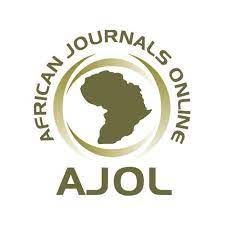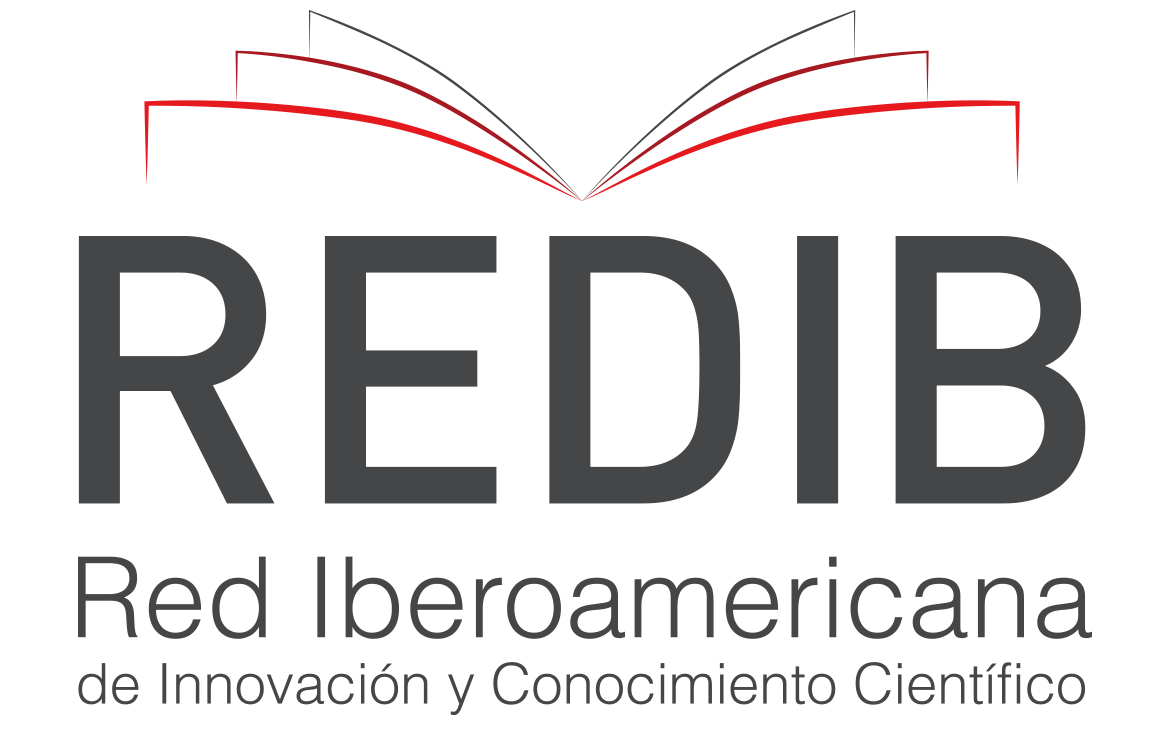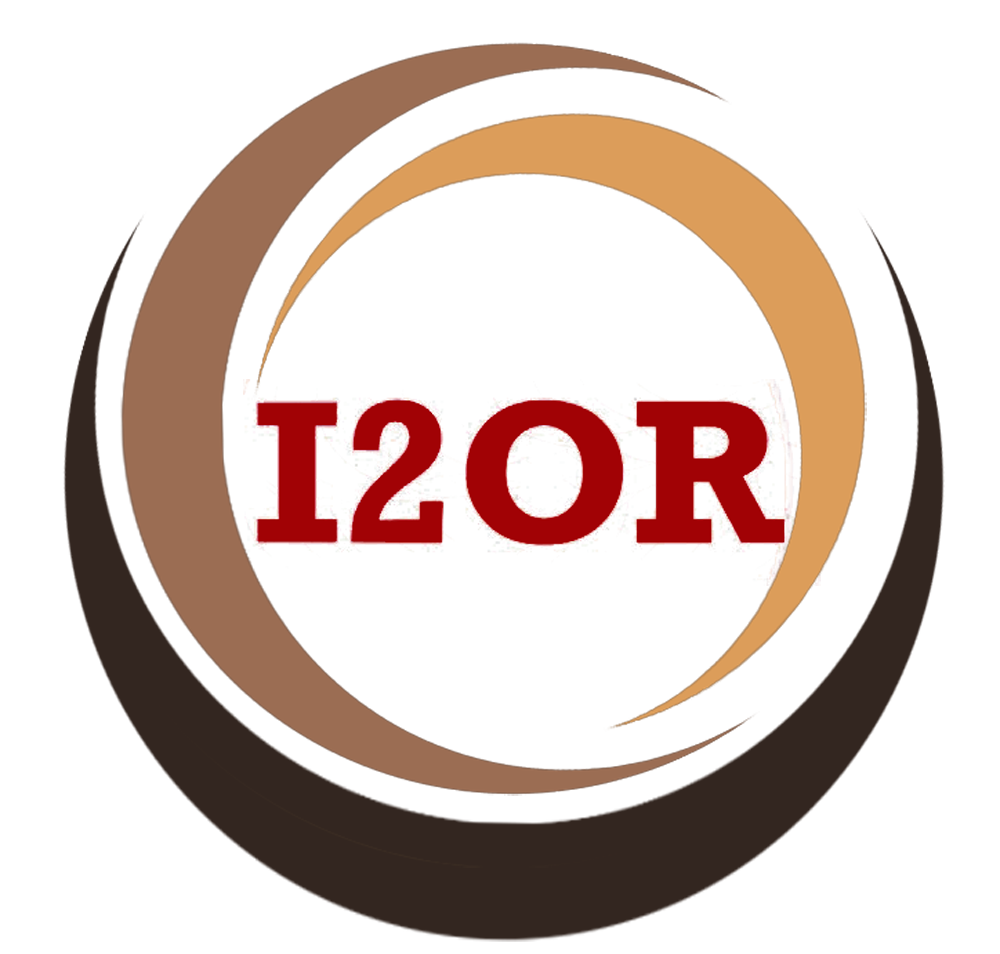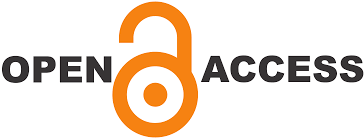Human Development Bonus in the Economic Well-Being of Beneficiaries in the Urban Areas of Machala
DOI:
https://doi.org/10.54580/R0701.03Keywords:
Human Development Bond, economic well-being, poverty, social inequalityAbstract
This study examines the Human Development Bond and its impact on the well-being of beneficiaries in Machala, Ecuador, assessing its effectiveness in combating poverty and improving the quality of life of vulnerable families. The program, aimed at reducing social inequality and promoting economic inclusion, primarily targets female-led households. Employing a quantitative approach, the research was conducted through surveys of bond recipients, focusing on the program's operation and management.The results highlight Machala's complex socioeconomic context, characterized by high levels of poverty and economic dependence. Only 23% of respondents own their homes, reflecting the economic fragility of beneficiaries. Women constitute the majority of recipients, shedding light on both their empowerment and the structural inequalities they face. While the Human Development Bond provides temporary relief, the study reveals that it has fallen short of its goals to significantly reduce poverty and improve long-term well-being. These findings underscore the need for reforms and complementary strategies to address the structural roots of poverty and enhance the program's future impact.
Downloads
References
Briones Caicedo, W., Ramírez Castro, A., Toro Toloza, E., Ramírez Chávez, A., Tubay Moreira, M., Carrión Auria, L., . . . Nagua Bazán, J. (2019). Bono de desarrollo humano perspectiva en emprendimientos enfoque socio-económico con mujeres beneficiarias en el cantón Quevedo provincia de Los Ríos. Revista Ciencia e Investigación, 8-14. https://doi.org/10.5281/zenodo.3240550
Calvas, G. (2010). Evaluación de impacto del bono de desarrollo humano en la educación. FLACSO sede Ecuador, 97. http://hdl.handle.net/10469/2405
Chiriboga, V. (2021). El Bono de Desarrollo Humano : un análisis desde el enfoque de capacidades. Quito: Universidad Andina Simón Bolívar. https://www.uasb.edu.ec/publicacion/el-bono-de-desarrollo-humano-un-analisis-desde-el-enfoque-de-capacidades/
Caballero, J. (2006). La Teoría de la Justicia de John Rawls. IBEROFORUM: Revista de Ciencias Sociales, 1-22. https://ibero.mx/iberoforum/2/default.html
Choque, A. (2019). La teoría del capital humano, fundamento del programa Beca 18. Investigaciones Sociales, 319-332. https://doi.org/10.15381/is.v22i40.15930
Finol de Franco, M., & Vera, J. (2020). Paradigmas, enfoques y métodos de investigación análisis teórico. Mundo Recursivo: Revista Científica, 1-24. https://www.atlantic.edu.ec/ojs/index.php/mundor/article/view/38
Flores, J. (2017). John Rawls y la Teoría de la Justicia. PHAINOMENON, 35-44. https://doi.org/10.33539/phai.v16i2.369
Gomez, S. (2012). Metodología de la investigación. Estado de Mexico: Red Tercer Milenio S.C.
INEC. (1 de 2024). Boletín Técnico N° 02-2024-ENEMDU Pobreza y desigualdad. https://www.ecuadorencifras.gob.ec/enemdu-ii-trimestre-de-2024/
Info MIES. (2022). Estadísticas e Indicadores Servicios MIES. Obtenido de https://info.inclusion.gob.ec/
Mejía, N. (2020). El Bono de desarrollo humano y su incidencia en la calidad de vida de las beneficiarias del cantón El Chaco. Revista Eruditus, 9-19. https://doi.org/10.35290/re.v1n3.2020.363
MIES. (2 de 2019). Proyecto de Red de Protección Social en Ecuador: Documento en Construcción. Quito.
MIES. (4 de 2022). Plan Sectorial 2022-2025. Quito.
MIES. (2022). Proyectos Ejecutados o en Curso 2022. Quito.
MIES. (6 de 2023). Proyecto Red de Protección Social. Quito.
MIES. (s.f.). Acuerdo Ministerial Nro. 2022 - 037. Ministerio de Inclusion Económica y Social. https://online.fliphtml5.com/lqbn/aree/
Migliore, J. (2011). Amartya Sen: la idea de la justicia. Cultura Económica, 29, 13-26. http://bibliotecadigital.uca.edu.ar/repositorio/revistas/amartya-sen-idea-justicia.pdf
Ministerio de Inclusion Economica y Social. (2015, 23 de diciembre). Acuerdo ministerial N° 000129. Biblioteca Virtual MIES. https://biblioteca.inclusion.gob.ec/handle/21000/6/browse?type=title&sort_by=1&order=ASC&rpp=20&etal=-1&null=&offset=363
Morales Nieto, J. (2022). Amartya Sen y la moderna teoría económica del bienestar y desarrollo humano. Consejo Uruguayo para las Relaciones Internacionales, 1-11. https://www.google.com/search?q=amartya+sen+y+la+moderna+teor%C3%ADa+econ%C3%B3mica+del+bienestar+y+desarrollo+humano&client=opera&hs=2lS&sca_esv=728300d92df6aedb&sxsrf=ADLYWILuTjKVl4Yi9WWdXIXH8TtNykq-zw%3A1736471059119&ei=E3KAZ6jvBvqUwbkPhJ3SkAc&oq=amart
Okun, A. M., & Tobin, J. (1983). Macroeconomics, prices, and quantities: essays in memory of Arthur M. Okun. Brookings Institution.
Pandey, P., & Pandey, M. (2015). Research methodology: tools and techniques. Romania: Bridge Center.
Patel, M., & Patel, N. (2019). Exploring Research Methodology: Review Article. International Journal of Research & Review, 48-55. https://doi.org/10.52403/ijrr
Quintero, W. (2020). La formación en la teoría del capital humano: una crítica sobre el problema de agregación. Analisis Economico, 239-265. https://www.redalyc.org/journal/413/41364527011/html/
Sachs, J. (2005). The end of poverty : economic possibilities for our time. New York: Penguin Press.
Stiglitz, J. E. (2015). The Great Divide: Unequal Societies and What We Can Do About Them. Reino Unido: Penguin Books Limited. https://www.google.com.ec/books/edition/The_Great_Divide/EQKyCQAAQBAJ?hl=es-419&gbpv=0
Tenesaca, L. (2020). El bono de desarrollo humano y su incidencia en la calidad de vida del adulto mayor. Universidad Técnica de Machala. http://repositorio.utmachala.edu.ec/handle/48000/16027
Tramullas, J. (2020). Topics and research methods in information science (2000-2019): A literature review. Profesional de la Informacion, 1-18. https://www.scipedia.com/public/Tramullas_2020a
Downloads
Published
Issue
Section
License

This work is licensed under a Creative Commons Attribution-NonCommercial-ShareAlike 4.0 International License.



























